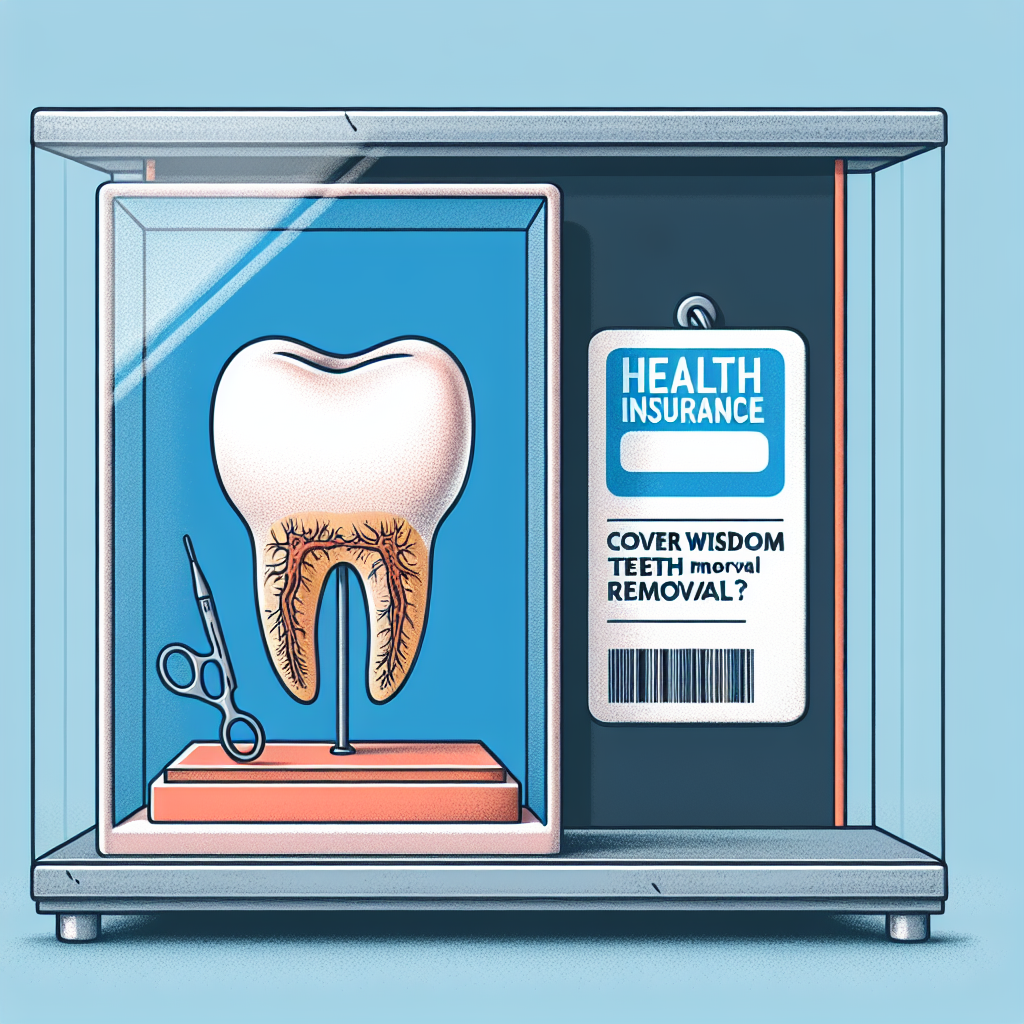Filed under Health Insurance on
Minnesota Employer Health Insurance Requirements Guide

Understanding Minnesota's employer health insurance requirements can be crucial for both businesses and employees. Navigating the complexities of these regulations is essential for ensuring compliance and offering adequate healthcare benefits to your workforce. This guide delves into the nuances of Minnesota employer health insurance requirements, including the rules, options, and best practices for businesses of varying sizes. Whether you're a small business owner or part of a larger corporation, this comprehensive guide will illuminate the path to effectively managing your Minnesota health insurance responsibilities.
Overview of Employer Health Insurance Requirements in Minnesota
In Minnesota, employer health insurance requirements are primarily governed by both federal and state regulations. While federal laws like the Affordable Care Act (ACA) provide the backbone of these requirements, Minnesota has its unique state-specific rules and programs aimed at enhancing employee welfare.
Federal Framework Governing Employer Health Insurance
The Affordable Care Act (ACA) plays a significant role in shaping the health insurance landscape for Minnesota employers. Under the ACA, employers with 50 or more full-time employees must provide health insurance or face potential penalties. This mandate ensures that a majority of the workforce have access to health coverage, promoting overall public health.
Understanding the Employer Mandate
The employer mandate requires applicable large employers (ALEs) to offer affordable health insurance that meets minimum essential coverage standards. Failing to meet this requirement could lead to penalties, emphasizing the importance of adherence to these regulations.
Key Federal Benefits and Protections
- Employers must cover pre-existing conditions.
- Health plans cannot impose annual or lifetime coverage limits.
- Preventive services should be offered without out-of-pocket expenses.
Exploring Minnesota's Specific Health Insurance Requirements
While federal requirements lay the groundwork, Minnesota's state-specific rules are designed to complement these regulations, often providing additional benefits and protections to employees.
Small Group Insurance Rules
In Minnesota, businesses with fewer than 50 employees are not required by the ACA's employer mandate to provide health insurance. However, many choose to offer coverage through small group health plans, incentivized by tax credits and the need to attract and retain talent.
MinnesotaCare and Public Program Accessibility
MinnesotaCare is a Minnesota-specific program providing low-cost health insurance to residents whose income qualifies them. While this is generally for individuals, employers often provide resource materials about MinnesotaCare as part of their human resources outreach.
Additional State Protections
- Guaranteed issue laws ensure access to health insurance regardless of health status.
- Dependent coverage is extended beyond federal mandates, allowing broader family coverage.
Best Practices for Minnesota Employers Offering Health Insurance
Evaluate and Choose the Right Plan
Consider factors such as plan types (HMO, PPO, EPO), network importance, and costs to find the best fit for your workforce. Balancing plan quality with affordability can enhance employee satisfaction while maintaining budgetary constraints.
Communicating Benefits Clearly
Transparency in communicating health benefits is crucial. Employers should develop comprehensive educational resources that clearly outline plan benefits, costs, and enrollment processes, minimizing confusion and enhancing employee engagement with their health plans.
Utilizing Health Savings Accounts (HSAs) and Flexible Spending Accounts (FSAs)
HSAs and FSAs can encourage employees to make informed healthcare decisions while providing tax advantages. Offering these options can significantly add value to your health insurance package.
Impact of Industry Trends on Minnesota Employer Health Insurance
Staying abreast of industry trends can help Minnesota employers navigate the evolving landscape of health insurance. Here are notable trends impacting the market:
Telemedicine and Virtual Care Integration
With the growing demand for accessible healthcare, telemedicine has become an invaluable option. Employers embracing virtual care can enhance employee satisfaction and decrease absenteeism, offering a modern solution for health needs.
Focus on Mental Health Benefits
Prioritizing mental health in insurance plans is becoming increasingly crucial. Employers who include mental health services in their coverage often see improved employee morale and productivity.
Expert Opinions on Employer Health Insurance Navigations
Drawing insights from industry experts can offer valuable perspectives into handling Minnesota employer health insurance requirements effectively.
Expert Insights
- John Thompson, a healthcare policy analyst, emphasizes the importance of regular plan assessments, stating, “Consistent evaluation of your health insurance offerings ensures that they remain competitive and beneficial to your workforce while maintaining compliance with both state and federal regulations.”
- Jessica Lin, a benefits consultant, highlights the role of employee feedback, “Engaging directly with employees about their healthcare experiences sheds light on potential plan improvements, ensuring satisfaction and retention.”
Conclusion
Minnesota employer health insurance requirements necessitate a nuanced understanding of both federal and state regulations. By carefully selecting and communicating health plans, monitoring industry trends, and seeking expert guidance, businesses can successfully offer health insurance that meets compliance standards and enhances employee satisfaction. Employers that stay proactive in these efforts not only fulfill legal obligations but foster a healthier, more productive workforce.





